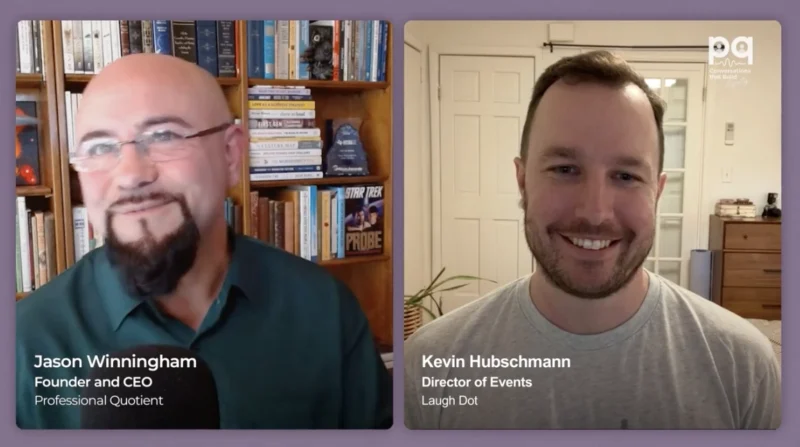To Reduce Food Waste, Collaboration and Partnerships with Local Regulators is a Must
The United States needs to reduce food waste. Solutions exist to make it happen, but without collaboration, transparency, and partnerships that include local regulators, all those efforts could be for naught.
The U.S. saw a significant rise in food waste in 2021, with 91 million tons of surplus food produced, a 4.8% increase from 2016, according to data from ReFED, a national nonprofit. This waste, which represented 38% of the total food supply, was estimated at $444 billion. While households were the primary contributors, accounting for nearly half of the total surplus, other sectors like produce farms and manufacturing also played substantial roles. Alarmingly, despite the vast surplus, less than 2% was donated to those in need, with a significant portion ending up in landfills. Organizations like ReFED advocate for a shift in cultural mindset and implement targeted solutions to reduce food waste, including a government-funded public information campaign.
Weslynne Ashton, Professor of Environmental Management and Sustainability at the Illinois Institute of Technology, says businesses and technology innovators can help reduce food waste in the U.S. Still if they aren’t collaborating with local municipalities and regulators, there is a risk of little change in the situation.
Weslynne’s Thoughts
“I am a sustainable scientist, and I work in the areas of design and management. I work with community and corporate partners to co-design solutions for transforming our food system towards greater sustainability and equity, and I do that primarily in Chicago but in other parts of the country as well.
I’m a part of a network called Multiscale RECIPES, which is a National Science Foundation-funded project that looks at the complex challenge of food waste across the U.S. It examines natural science, engineering, technology, and also social science and design approaches to address the food waste challenge.”
Business Strategies for Reducing Food Waste
“I think there are three main things that businesses can do to help reduce wasted food in the United States. The first is making a commitment. This means committing to targets, so setting targets for how much they individually want to reduce food waste. Measuring and so being consistent using frameworks for measuring the amount of food waste that’s being generated so that they can track their progress against those targets. This is sometimes going to mean doing hard things. It’ll sometimes mean having an extra cost, so it’s not all going to be a win-win. In the long term, it can be a win-win, but there will be some hard things that they will be required to do, so they will have to commit to doing those hard things.”
The Importance of Transparency
“The second thing is transparency. Once they set those targets and start measuring the data, they should also commit to sharing that data with payers, regulators, and organizations like ReFED, who are doing an amazing job trying to get a comprehensive understanding of wasted food across the entire country.”
Developing Partnerships
“The third thing is developing partnerships. This could be with payers nationally and regionally, from whom they can share that data, learn from each other, and work together to help coordinate in achieving those targets that they’ve set. There are also opportunities for partnerships with more local organizations, which can be organizations that help rescue food to get that wasted food to the millions of food insecure people in the U.S.”
Technological Solutions in the Food Supply Chain
“If we think about the whole supply chain, right, and where food gets wasted, it starts at the farm, happens during distribution, at retail, in the stores, in the food service, and also in households. So, if we think about that entire supply chain, we can think about the new technologies that are available now around predictive analytics that can help with inventory management for ordering food. Companies can have a better handle on how much they need to order, the time frame, and what customers are most likely to purchase, using that data to better manage their inventory.
We have new technologies aimed at preserving, lengthening the shelf life. When we think about what types of food are wasted, it’s most often those food items that are perishable. For fresh fruits that are harvested on a farm when they’re not at full ripeness, there are technologies that can help to lengthen that time of ripening. This helps to maintain the freshness of the fruit for longer periods. Inventory management apps are now available that can help food businesses, especially restaurants, to offer items for consumers to purchase at a discounted cost. The third piece is at the end of life, referred to as the valorization technologies. There will be food waste that is inedible, and it’s best to think about how to capture the nutrients and energy in that inedible food waste. We’re seeing a variety of technologies around digestion, like anaerobic digestion, that can process wasted food to extract nutrients and energy. If we think about the whole supply chain, there are technologies currently available, but we will need investment in new technologies.”
Empowering Retail Enterprises
“For retail enterprises, part of the commitment I would like to see is training and empowering their employees to do the right thing. We often want to do the right thing, but the rules and regulations might conflict with rescuing food at the end of the day. For instance, at the end of the day, from your grocery store, you’re not allowed to just give that to someone who might come in. We can think about how to build capacity within employees and stores and empower them to help make that available. As I said before, pair learning is essential so companies can share what they’re doing and what works and learn from others.”
Collaboration with Local Regulators
“There’s an opportunity to work with regulators at the local scale, like the municipal city scale, to help shape policy. We are operating in a food waste landscape where many cities, including Chicago, don’t have a system in place for what to do with food waste. This means infrastructure and rules. Businesses want to do the right thing but are often unsure of what to do because the rules aren’t in place. They can collaborate with their peers and work with local state officials to help shape that food waste policy. This ensures that we’re preventing food waste, rescuing what is edible, and capturing what is inedible so that the residual value can be captured, not the wasted food.”
Article by James Kent








